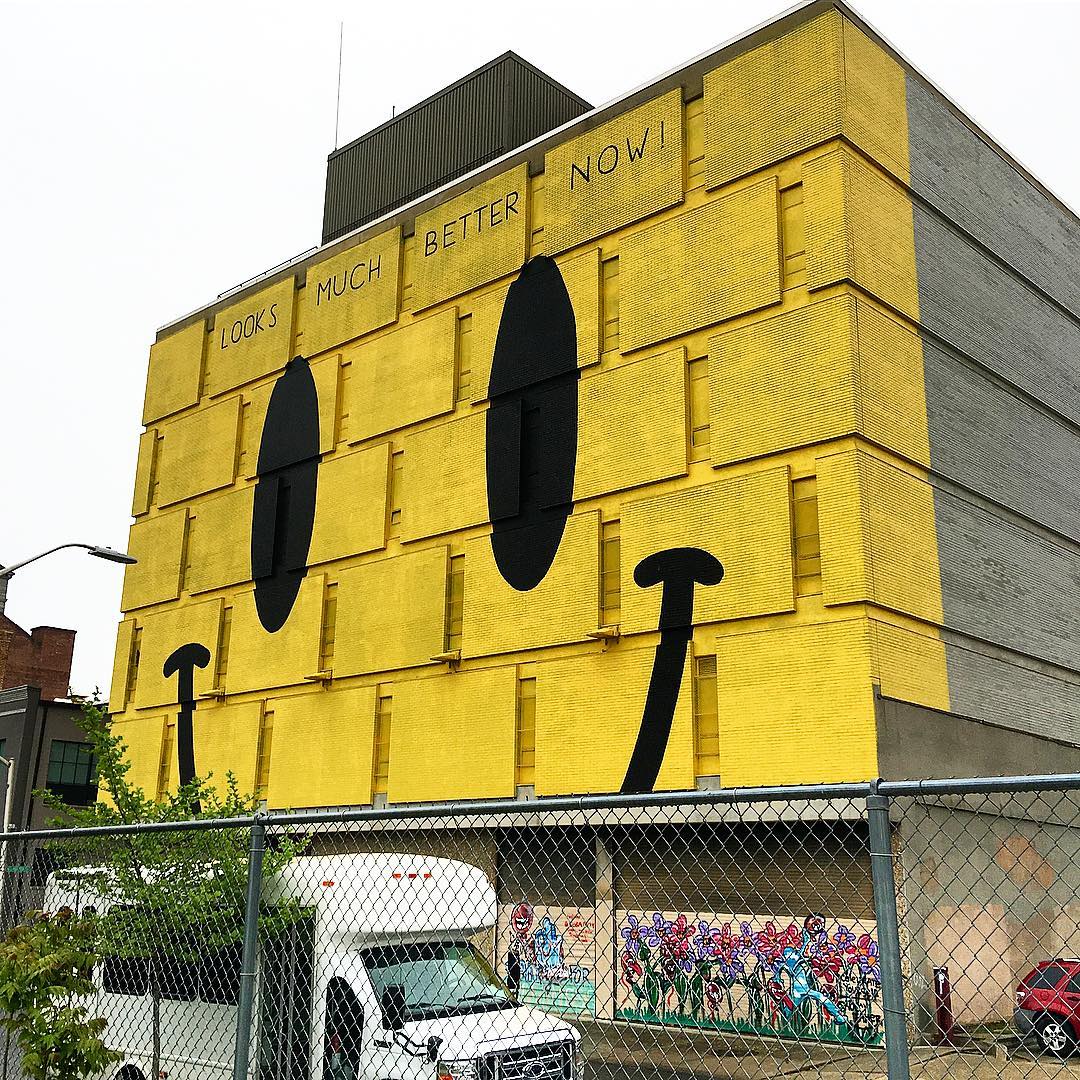By 6 p.m. I called it quits. After eight hours standing at five different locations bearing a crude “Will Work for Food” sign, I had managed to collect $11.83, one cigarette, and a banana— but not a single job offer.
When the first cardboard “Will Work For Food” sign appeared here a year or so ago, it was taken as definitive proof that our town was in the midst of hard times. But now, on any given work day, at least three or four of these folks are downtown touting homelessness as a job qualification. One can get cynical. Do any of these guys get work? If so, are they actually paid in food?
Curious, I lettered my own sign and hit the streets seeking employment. First stop: Pratt Street and Hopkins Place. Cars lined up behind the light, and I slowly paced the sidewalk, giving each driver a long, guilt-inducing stare. I took in $2.83, but no job offers.
Noonday I drifted over to Charles and Fayette streets to hit the lunchtime crowd. Occasionally someone would sneak up beside me, drop change in my cup, and scurry away. But still no employment possibilities. Were my competitors faring any better? I talked to a few to find out.
Jay, a red-haired 36-year-old who was fired from his janitorial job last May, said he’d been slipped a couple of numbers to call, “but nothing has come up.” Jason, 24, was once handed a number to call for warehouse work in Elkridge. “Now how the hell do I get from here to Elkridge” he asks with a laugh. Those who do get jobs don’t necessarily get fairly compensated. Jason and another man helped an antique dealer move some objects from Charles Street to Fells Point one day, only to have the dealer disappear before paying.
A homeless man named Leo said that he had found work the previous day, but was sorry he had. “I worked real hard. He junked cars, and he had me push them, jack them up, put new wheels on them and stuff like that. This was from 11:30 until about 6. He only gave me $15.”
But other times he fares better. “This man picks me up every Saturday to clean his house,” Leo says. “Clean the bathroom, sweep the floor, stuff like that. It usually takes me about five hours, but he gives me $50."
For evening rush hour, I worked the Pratt and President intersection, where commuters spilled out from the city and onto the JFX. Jason showed up, looked me over, and laughed. “You’ve got to get rid of the cup,” he said, pointing at my paper cup carrying the day’s booty. “It looks bad.” We talked about how degrading it was to stand on the street with a sign. But when I asked him whether he’d actually work for food, he was curiously indignant. “I mean, come on, ain’t nobody going to work for no damn food. I ain't going to wash nobody’s car for a hamburger.”
